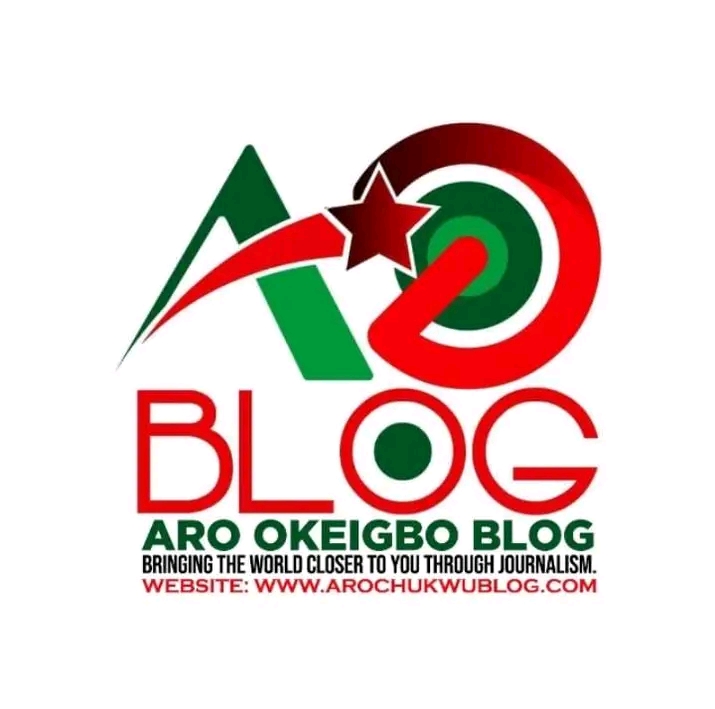In the heart of Arochukwu, amidst the serene embrace of tradition and the weighty echoes of history, a press briefing of unprecedented importance unfolded, presided over by Eze Kanu Nwa Kanu, the esteemed leader of the Ibom Isii kindred. This assembly, graced by the presence of his cabinet and the revered Eze Ezi from various Ibom villages, was not just a gathering; it was a poignant call to honor, uphold, and protect the sanctity of tradition in the face of an escalating dispute surrounding the Eze Aro coronation.
With an aura of profound reverence, Eze Kanu Nwa Kanu embarked on a storytelling odyssey, weaving through the intricate tapestry of Arochukwu’s legacy. His impassioned narration didn’t merely recount history; it brought forth the essence of the Eze Aro stool, steeped in ancestral lore and shaped by the lineage of its custodians. Each word resonated with the weight of tradition, underscoring the unprecedented nature of an individual with a living father aspiring to ascend the esteemed Eze Aro throne.
In vivid detail, Eze Kanu Nwa Kanu painted the portrait of HRM Godwin Kanu Idei’s meticulous journey towards assuming the Eze Aro title. The rites fulfilled, the rituals observed—the narrative unfolded like an ancient manuscript, detailing the profound significance attached to each step leading to the revered coronation.
Yet, amid this saga of tradition, a discordant note resounded. Eze Kanu Nwa Kanu’s tone shifted, his eyes reflecting concern as he addressed the looming controversy. He vehemently warned against the impending crowning of Pastor Eberechukwu Oji, whose father still drew breath—a breach of tradition, a divergence from the lineage that history had etched in stone. He stood firm in his conviction, staunchly defending the sanctity of the Eze Aro lineage, and categorically refuted the idea of a pastor assuming this hallowed position.
The air crackled with tension as Eze Kanu Nwa Kanu decried the purported coronation event slated at the Arochukwu civic center. He firmly asserted that the authentic site for the Eze Aro’s ascension lay at Inyama Avia Ibom, dismissing any alternative ceremonies as sacrilegious deviations from tradition.
Moreover, allegations surfaced, linking Eze Kanu Nwa Kanu to the creation of an autonomous community for Ibom Isii—a claim he vehemently denied. With unwavering resolve, he reiterated the unity between Arochukwu’s three kindreds—Okennachi, Ibom Isii, and Eze Agwu—underscored by their collective celebrations, their shared moments of cultural heritage during the revered Iri Ji festival and Awada gatherings.
With a fervor that transcended mere words, Eze Kanu Nwa Kanu summoned the Abia government to honor HRM Eze Godwin Kanu Idei with the due entitlements of his station, pleading for peace and the safeguarding of Aro lives amidst the turbulence.
As the briefing drew to a close, the gravity of the moment lingered. Eze Kanu Nwa Kanu’s words reverberated through the hallowed halls of Arochukwu, carrying with them the weight of tradition, the urgency of unity, and the solemn responsibility to protect the sanctity of the Eze Aro throne. His call was not just a plea; it was a rallying cry for the preservation of the essence that bound Arochukwu’s past, present, and future. It was a testament to the unyielding spirit that courses through the veins of Arochukwu—a spirit deeply rooted in tradition yet resilient in the face of adversity.

